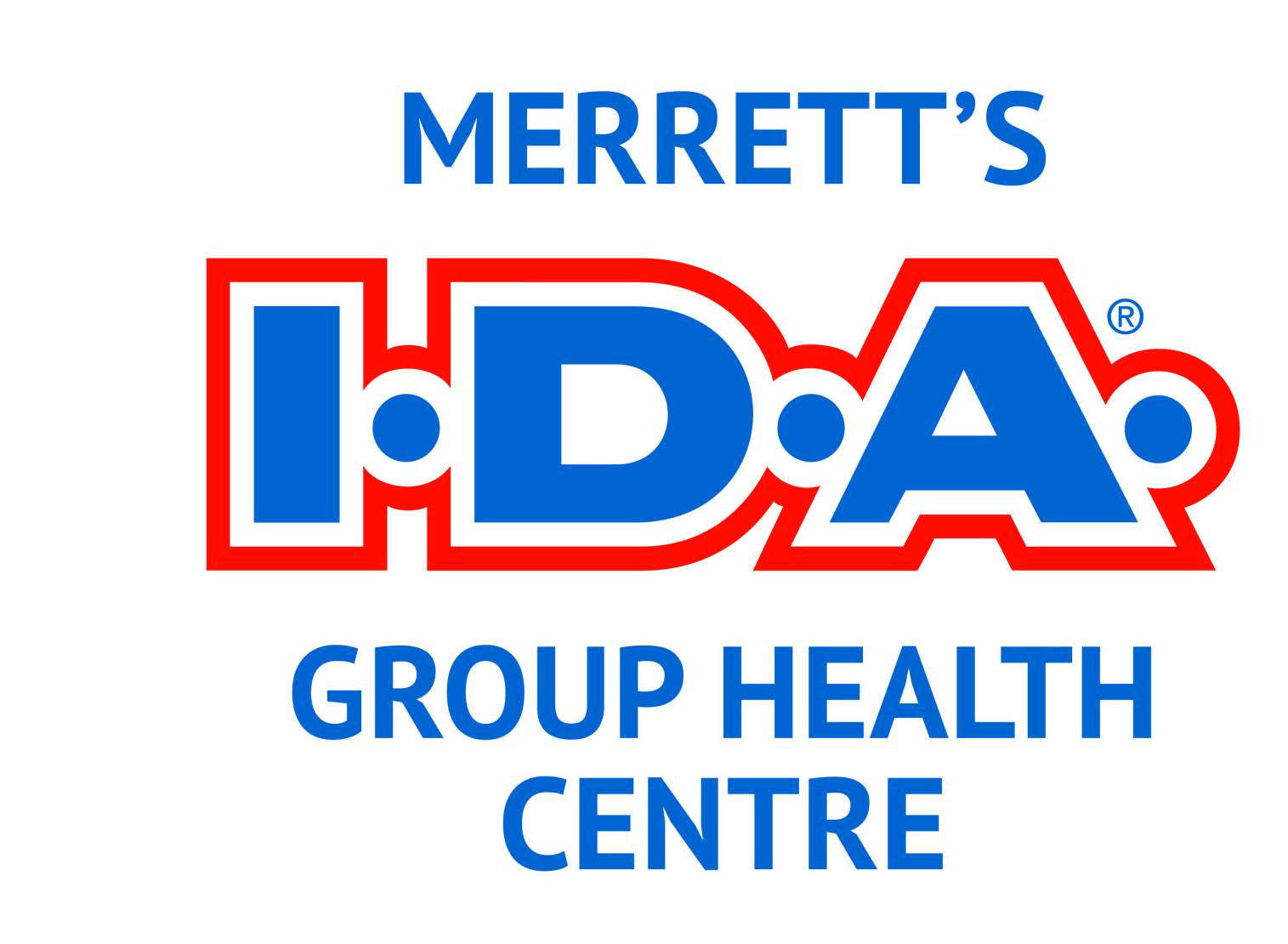Medication Management
PROPER MANAGEMENT OF MEDICATION: TIPS FOR YOU AND YOUR FAMILY
- SYNCHRONIZING REFILL DATES
It is often possible to coordinate your refill dates so that all of your medication becomes due at the same time. Your pharmacist will ask you to bring all your medications to the pharmacy so that the staff can do an inventory of your remaining doses. They will adjust the various quantities so that you can then begin refilling them all at the same time.
You can even synchronize prescriptions from the whole family, so that they can all be refilled at the same time.
- PREAUTHORIZED REFILLS
You can also ask the pharmacy staff to renew your medication automatically at the frequency that suits you (for example, monthly). The pharmacy staff will call you a few days ahead of time to let you know that it’s time to renew your medication and let you know when they will be ready for pick-up. They’ll check whether any changes have been made to your treatment since your last refill and will make any adjustments required.
If you have any questions or would like some advice, take this opportunity to make an appointment with your pharmacist.
The preauthorized refill service gives your pharmacist a chance to better analyze your file, find solutions in case of any problems (such as backordered stock, no refills). It will also provide you an opportunity to discuss your medications with the pharmacist and address all of your concerns.
- ONLINE RECORD
In select pharmacies, you can also access your pharmacy record online, which offers several convenient options:
- Access to your list of medication
- Requests for refills
- Set-up of refill reminders
- Linking family member accounts so that you can manage them all in one place
- Information sheets and pictures of your medication
- History of past refill requests
To access your online account, you will have to make a request in person at the pharmacy. This is important in order to confirm your identity and protect the privacy of your information. There is no charge to this service.
- EXTENDING A PRESCRIPTION WHEN YOU ARE OUT OF REFILLS
It’s important not to interrupt certain treatments, so if ever you can’t get an appointment with your doctor before your prescription expires, your pharmacist may be able to help. By taking the time to assess your situation, your pharmacist can make the best decision for your health.
- PROPER MEDICATION MANAGEMENT ALSO HAPPENS AT HOME
You can ensure the stability of your medication by storing it properly at home. Most types of medication must not be exposed to heat and humidity, to preserve their effectiveness and physical appearance. Therefore, the kitchen and bathroom are not the best places to store medication. A better place would be a hallway or bedroom closet.
Some medication and natural health products (for example, probiotics) must be stored in the refrigerator. Make sure you follow your pharmacist’s instructions. If you forgot a refrigerated medication on the counter, call your pharmacist to make sure it’s still safe to use.
Always keep medication out of the reach of children, preferably in its original child-proof packaging. Never present medication or multivitamins to children as a treat.
If you have some medication that is to be used only occasionally or in case of emergency (such as an epinephrine auto-injector or asthma inhaler device), check the expiry date regularly. If you’re not sure whether a product is still good, ask your pharmacist.
Never throw medication in the garbage or flush it down the toilet. Bring them back to the pharmacy, so the staff can dispose of it safely and ecologically.
- CONCLUSION
Proper medication management is essential for you to be able to take your medication consistently and without interruption. If you have any problems managing your medication, speak to your pharmacist!
